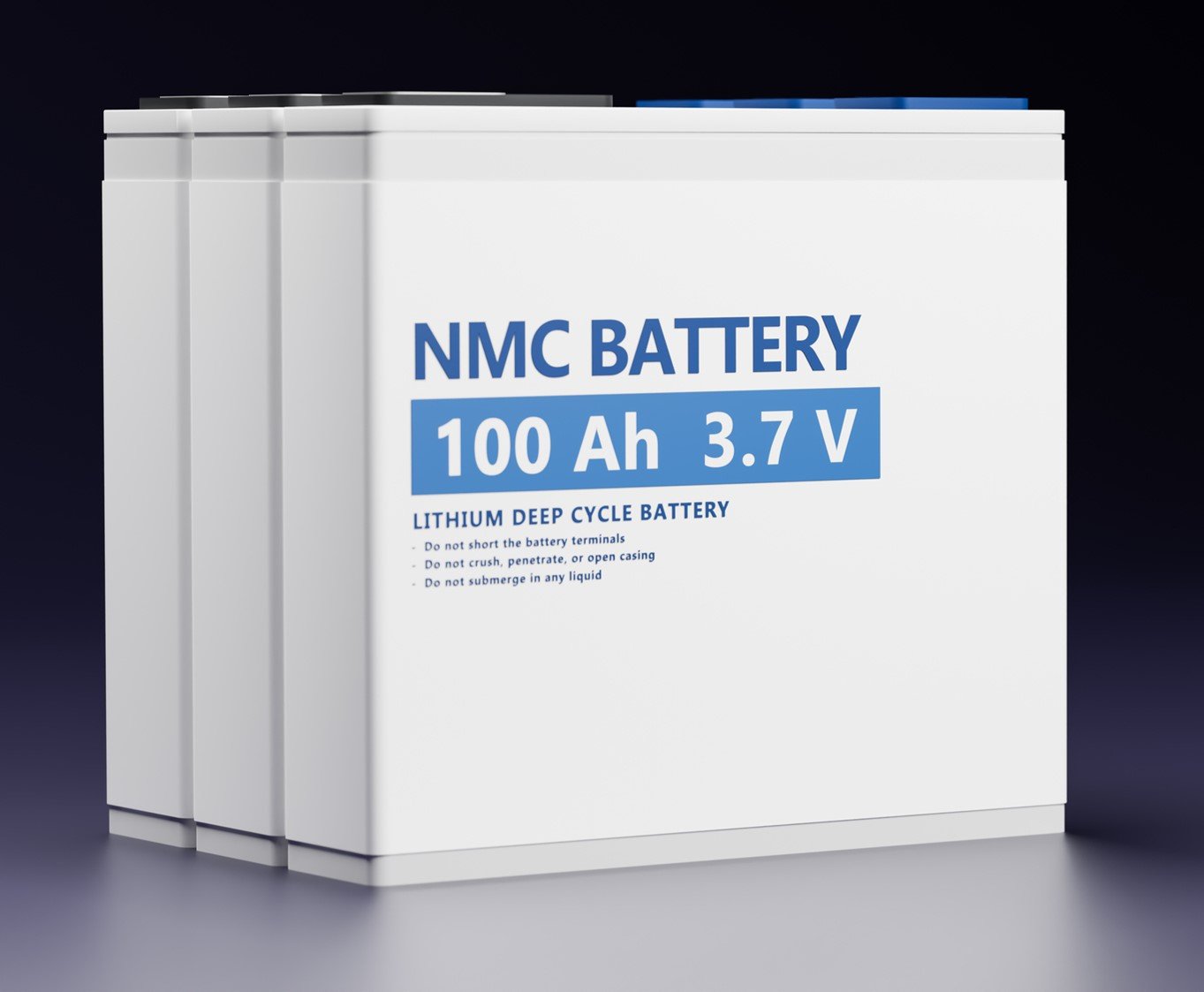The Environmental, Social, and Governance (ESG) topic is becoming unavoidable.
Pressure is mounting for organizations of all sorts to be more transparent about their environmental and sustainability initiatives. ESG-related strategies have now shifted from a voluntary effort to a business imperative.
The opportunities to provide ESG-related services are significantly increasing for accounting and audit firms. Over the past couple of years, there has been an increasing demand from customers, employees, and investors for sustainability-related initiatives.

The Background
The United States has a goal to reach net-zero greenhouse gas emissions by 2050. “Net-zero emissions” refers to achieving an overall balance between greenhouse gas emissions produced, avoided, and removed from the atmosphere. The Biden Administration has laid out a bold agenda to upgrade and modernize infrastructure, address the climate crisis, and build a clean and equitable energy economy that achieves carbon pollution-free electricity by 2035 and to put the United States on a path to achieve net-zero emissions economy-wide by no later than 2050 to the benefit of all Americans.
As interest in environmental, social, and governance (ESG) issues increases, using electric vehicles (EVs) or installing EV charging stations is becoming vital. It’s worth remembering that EVs are much more sustainable throughout their lives than gas-powered vehicles. EV batteries are expected to last about 15-20 years and can be reused and recycled to recover most of the raw materials they contain. With projected EV sales forecast to grow by tens of millions of vehicles by 2030, the demand for minerals and elements such as lithium, copper, and nickel is going to be extremely challenging to reach while maintaining ESG-related strategies and an ethically sourced supply chain.
The Problem
Batteries are a critical element of the ongoing transition to an energy economy that is decarbonizing and lowering energy costs to American families and businesses, and also critical to national competitiveness–for grid storage, for the resilience of homes and businesses, and for electrification of the transportation sector.
The Inflation Reduction Act (IRA) provides a tax credit for EVs if the OEM sources its battery within the US or one of its free trade partners.
If EV batteries are not locally sourced, that means going abroad and the possibility of doing business in countries undergoing political upheaval or associating with bad actors engaged in child labor practices. With the demand for electric vehicles (EVs) and stationary storage alone projected to increase the size of the lithium battery market five- to ten-fold by the end of the decade, it is essential that the United States invests in the capacity to accelerate the development of a resilient supply chain for high-capacity batteries.
The Solution
LNB Clean Enterprise is a project created by LNB Accounting that is looking to be an active player in helping the United States reach its goal of net-zero greenhouse gas emissions by 2050.
While we are still in the initial phase of this project, we aim to ultimately contribute to establishing a domestic EV battery supply chain. Our main focus is at the midstream level, particularly in the materials processing supply chain.
In collaboration with our partners, LNB Accounting will expand and retool a commercial-scale existing facility in Yolo County to create a California-based battery material precursor manufacturing facility for electric vehicles. Our EV battery material precursors will feed directly into downstream electrode active material powders and battery manufacturing and may include silane gas and cathode active material precursors, among others.
Our future site in Yolo County will create up to 50 permanent clean jobs over the next 7 to 10 years, just a few miles from California’s capitol city. By creating new jobs in the EV battery branch of the clean energy job sector, we will not only be playing a part in strengthening America’s EV battery supply chain but also helping to create a cleaner world. We believe that everyone must play a part, no matter how big or small, in ensuring a better and cleaner world for future generations.
What’s Next
This project is still in its initial phase. We will provide more updates as implemented. Contact us if you are interested in partnering with us.
Anticipated Site Location
Production Plant: West Sacramento, CA
Inventory Warehouse: We are exploring purchase options in the following cities: West Sacramento, Sacramento, or Tracy.




